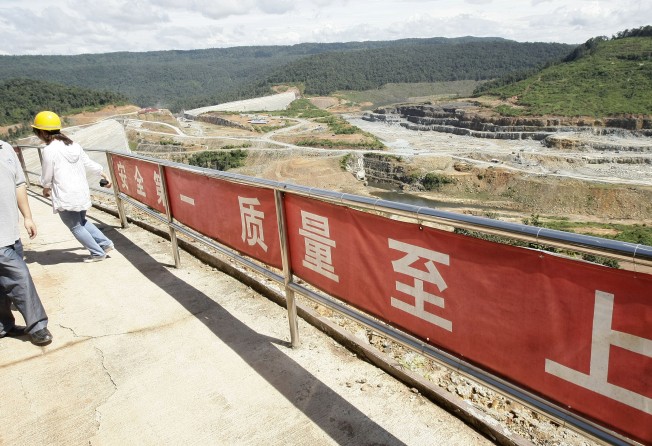Ground-up understanding key to success of Chinese investments abroad
Yanfei Li says it can avert problems in development projects

China recently experienced two setbacks in its energy infrastructure investment efforts in Asean countries. The first was the suspension of construction of a Chinese-backed hydropower dam project in Cambodia. The second was the cancellation of Chinese technical involvement in a Philippine power grid project. In addition, Thailand recently downgraded its collaboration with China on the construction of a high-speed rail network.
Chinese investment, especially in energy and connectivity infrastructure projects, has been pouring into member states of the Association of Southeast Asian Nations and elsewhere, but these project suspensions raise important questions.
It's certain that China needs to fix some things. The most important is its image within Asean and, specifically, the image of Chinese products and investors. The fact that cheap, low-tech, made-in-China commodities are sold everywhere in Asean countries may have affected the image of the technology, and the quality of the infrastructure projects that Chinese companies have invested in. Such correlative thinking is just human nature.
Good communication with the public and a country's regulatory bodies, as well as good project planning that is well integrated into local development plans and meets local regulations, are key to successful infrastructure projects.
In addition, because the impact of energy and connectivity infrastructure projects often crosses borders, Chinese players need to coordinate multilaterally with Asean countries.
However, it is not easy for Chinese companies to carry out these responsibilities alone. Instead, it requires long-term efforts coordinated by Chinese industry associations or international cooperation agencies. The Chinese government, industry associations and companies must play a concerted role in overseas investment.
China has recently announced major initiatives, such as the Maritime Silk Road and the Asian Infrastructure Investment Bank, which may serve to guide and coordinate the various parties from China when investing in Asean and other regions. But these initiatives lack specific implementation mechanisms and measures.
The Maritime Silk Road fund is managed by the Ministry of Foreign Affairs; the infrastructure investment bank is led by the Ministry of Finance; the New Silk Road fund is a central bank enterprise; and provincial governments have come up with their own silk road funds - even private investors have used capital to form their own funds. Each entity is busy seeking success and fortune, mostly for their own interests and in their own way.
China's political leaders are busy, maybe too busy, promoting Chinese energy technology and connectivity projects with Chinese investment. While these efforts have been fruitful, a more sustained long-term, bottom-up approach should be taken.
This requires market surveys and studies, as well as an understanding of legislation, regulations, standards and the political structure of host countries. It should also include strengthening communications with the public and civic societies, and sound project planning and development that includes job creation and care for the environment, in close collaboration with local partners.
Only in this way will Chinese strategic initiatives like the Maritime Silk Road look convincing to Asean countries. This bottom-up approach will ensure a sustained long-term commitment from China to bring benefits to both sides. China's huge investments in Asean could also be exposed to less risk.
Yanfei Li is an economist at the Economic Research Institute for Asean and East Asia